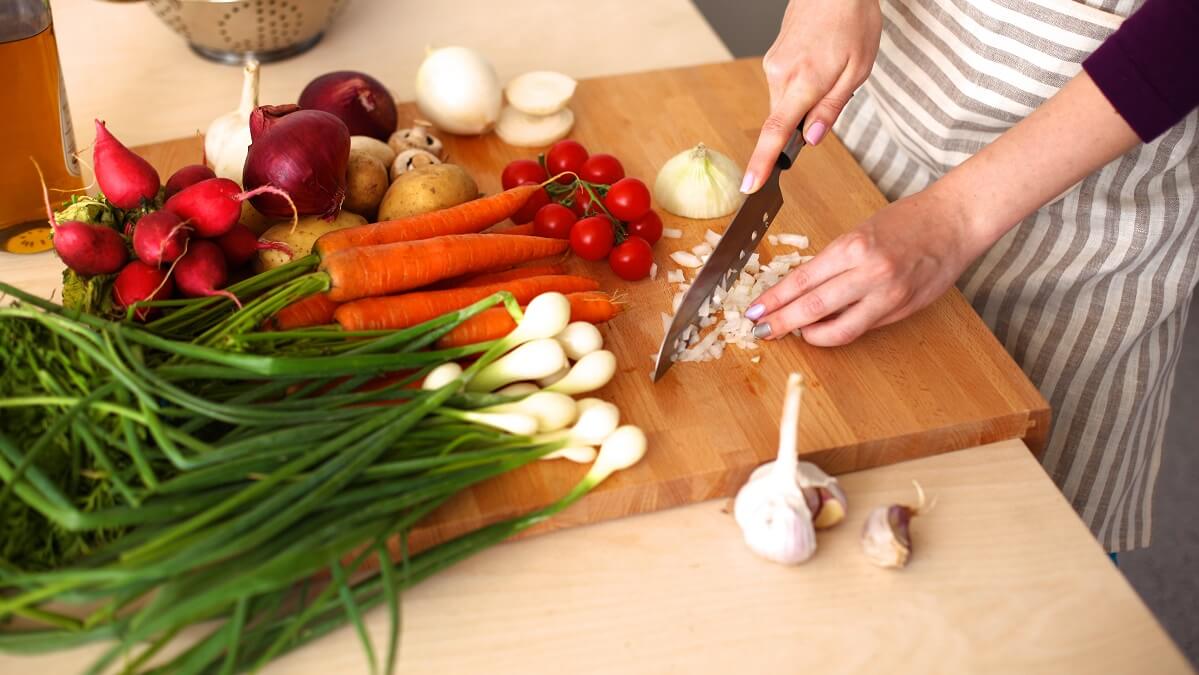A penchant for eating meat, especially red and processed kinds such as sausages and bacon, has long been associated with an increased risk of developing a range of diseases, including bowel cancer.
A study from researchers at the University of Oxford has looked at meat consumption in relation to a slew of other non-cancerous diseases not previously considered.
The study of 475,000 UK adults, published in BMC Medicine, found participants who tucked into red and processed meat three or more times a week were at increased risk of ischaemic heart disease, pneumonia, diabetes, diverticular disease and colon polyps. While a higher consumption of poultry was found to be associated with higher risks of gastro-oesophageal reflux disease, gastritis and duodenitis (inflammation in the small intestine), diverticular disease (which affects the large intestine), gallbladder disease, and diabetes.
While additional research is needed, the study does indicate another strike against a diet reliant on meat. So, aside from health reasons, why else should you opt for more meat-free days each week?
It’ll save you some cash. Eating meat, especially good quality meat, can be expensive. Veg, beans and grains – on the other hand tend – to be good value, while still being nutritious and filling.
It’ll encourage you to be more creative in the kitchen. There’s not much you need to do to a slab of steak, apart from season it, but when it comes to a slab of eggplant, celeriac, mushroom – there’s so much more you can do, so much more flavour you can apply. And you can still have fries on the side.
Your vegetarian friends will appreciate a full meal at a dinner party. Never again will you consider a risotto or salad a fair meal for a vegetarian friend. After a bit of practice on meat-free days, you’ll have the skills to put on a full vegetarian feast that your meat-eating mates will appreciate too.
You’ll feel more environmentally friendly. There’s no denying the ecological benefits of going meat-free, even just one day a week. Cutting your meat consumption can help support climate change efforts, reduce greenhouse gas emissions and reduce the number of resources – such as water and land, including vital natural carbon sinks – used in its production. Imagine what good you can do by going meat-free more than once a week.
You’ll be supporting biodiversity. Eating less meat can help reduce habitat decline and the clearance of wild habitat, while opting for organic veg where possible, means supporting pesticide-free farming, which in turn is good for bees and other pollinating insects. Join the big cycle of life.
Beef and dairy production are the main drivers of deforestation and climate change: they account for 50 per cent of total emissions and more than 67 per cent of deforestation.
It’s an opportunity to support vegie producers. Be it a company that redistributes surplus vegetables (such as Good & Fugly), a local farmer or that independent grocer you’ve always meant to visit, but haven’t got round to, there’ll be more fridge space to fill – fill it wisely.
It’s a chance to try vegetables you’ve never had before. Go to the supermarket and find a vegie you’ve never tried before. Find a recipe that uses it and cook up a storm.
How often do you eat meat? Do you try to seek out vegetarian options? Let us know in the comments section below.
Also read: Vegetarian Chickpea Curry
– With PA


Another good solution is to swap your meat occasionally for fish, Tasty, nutritious and often packed with omega 3 fats